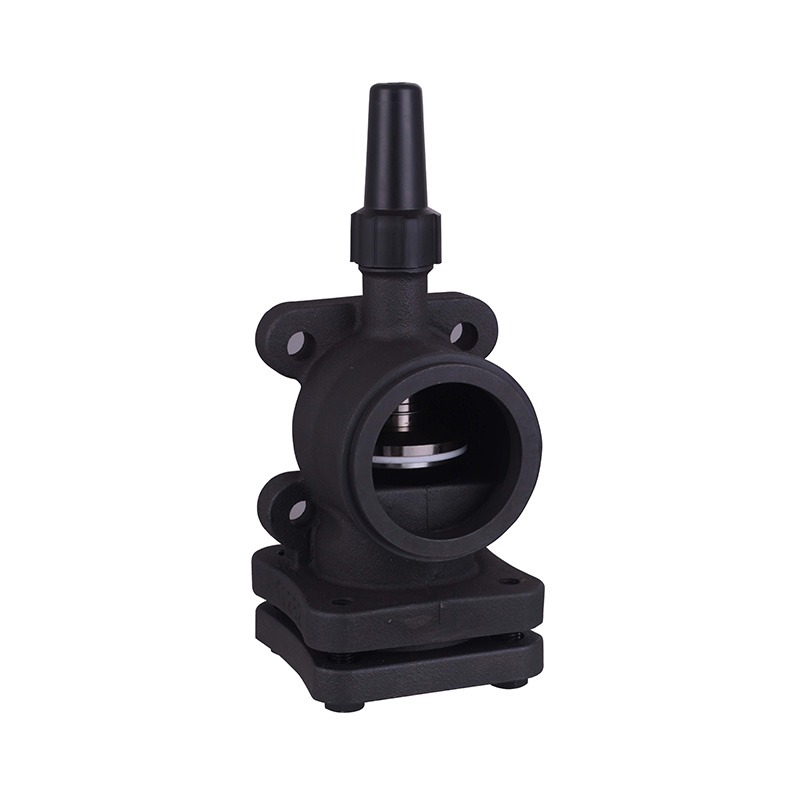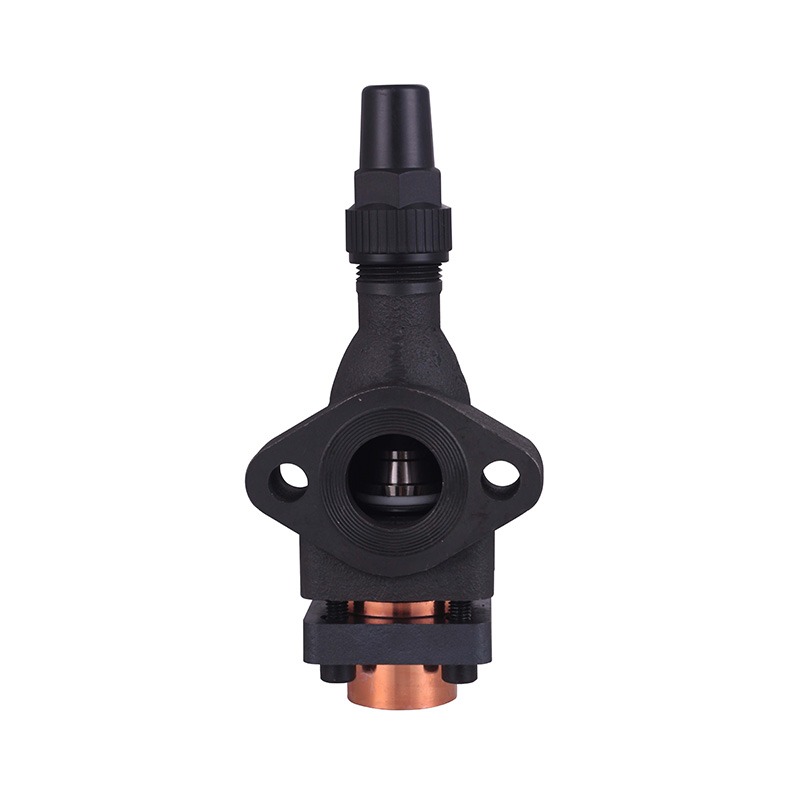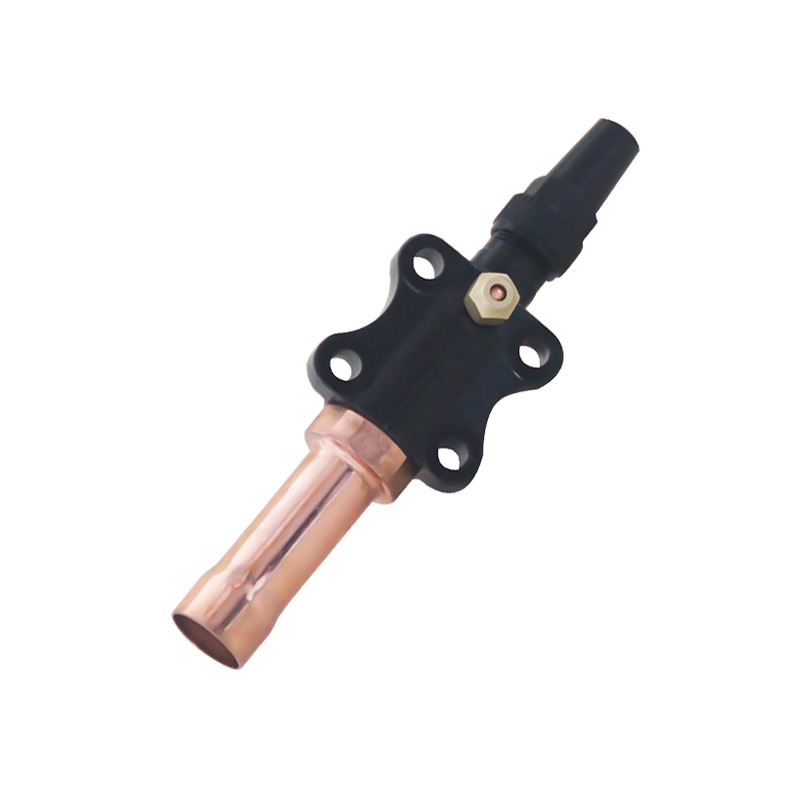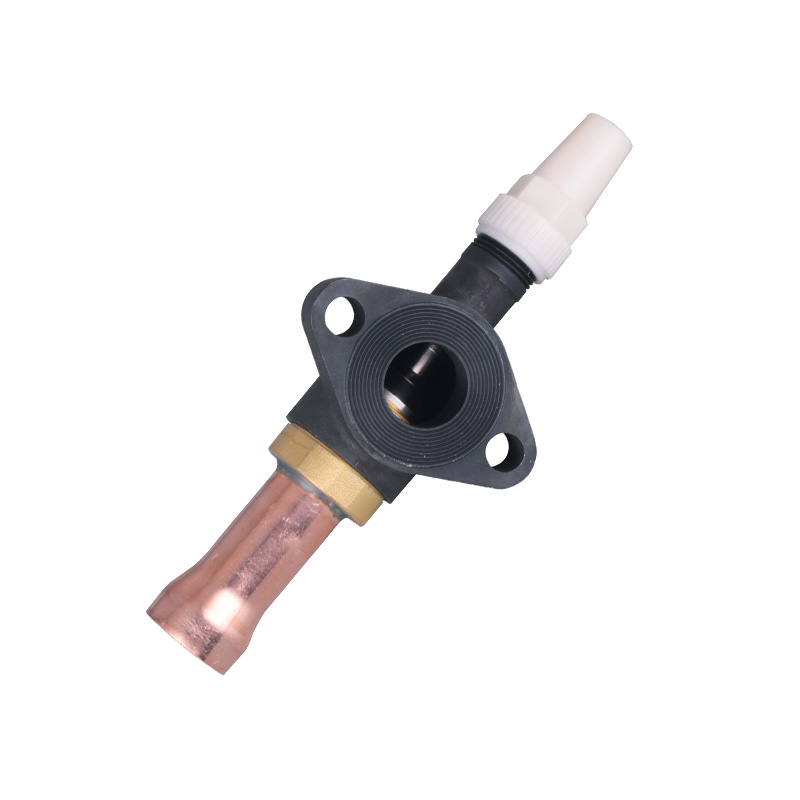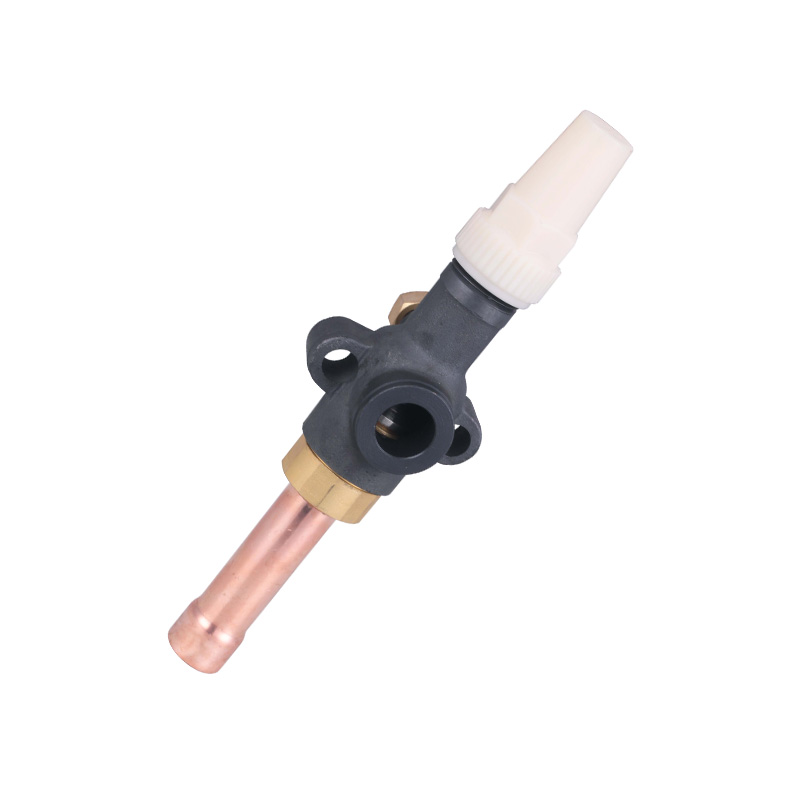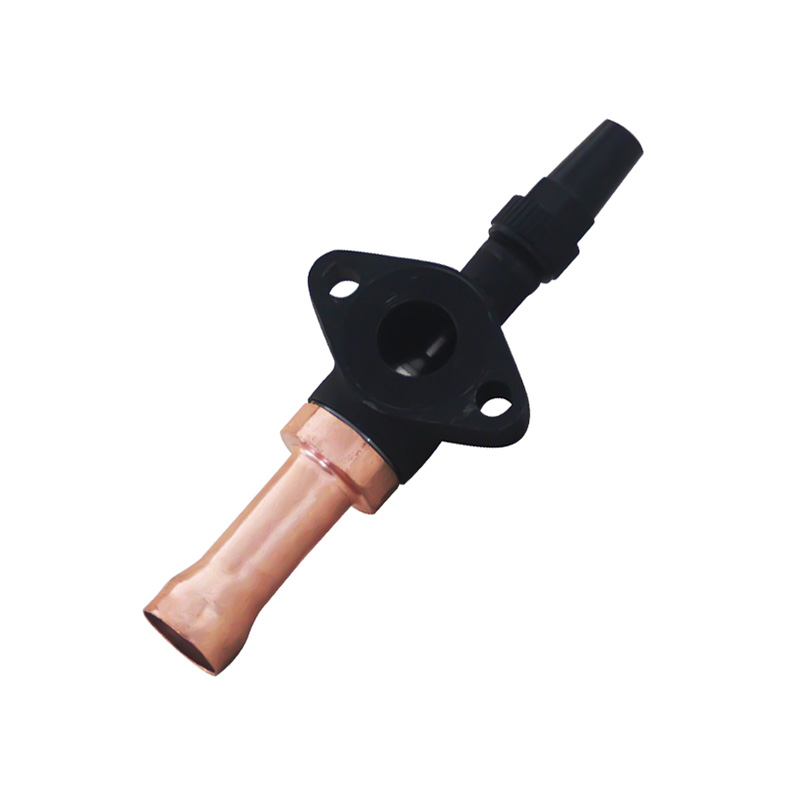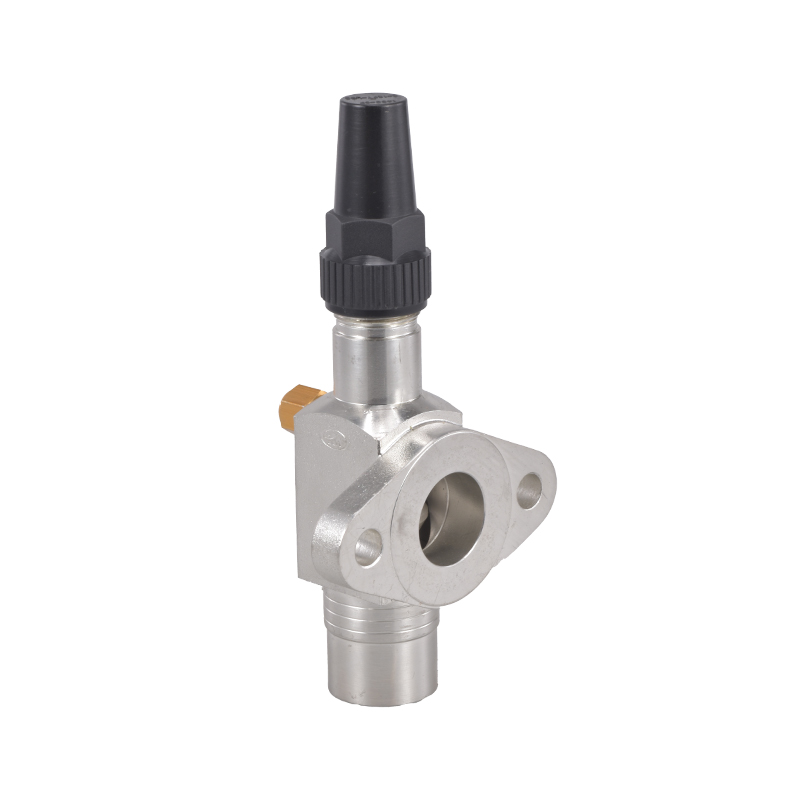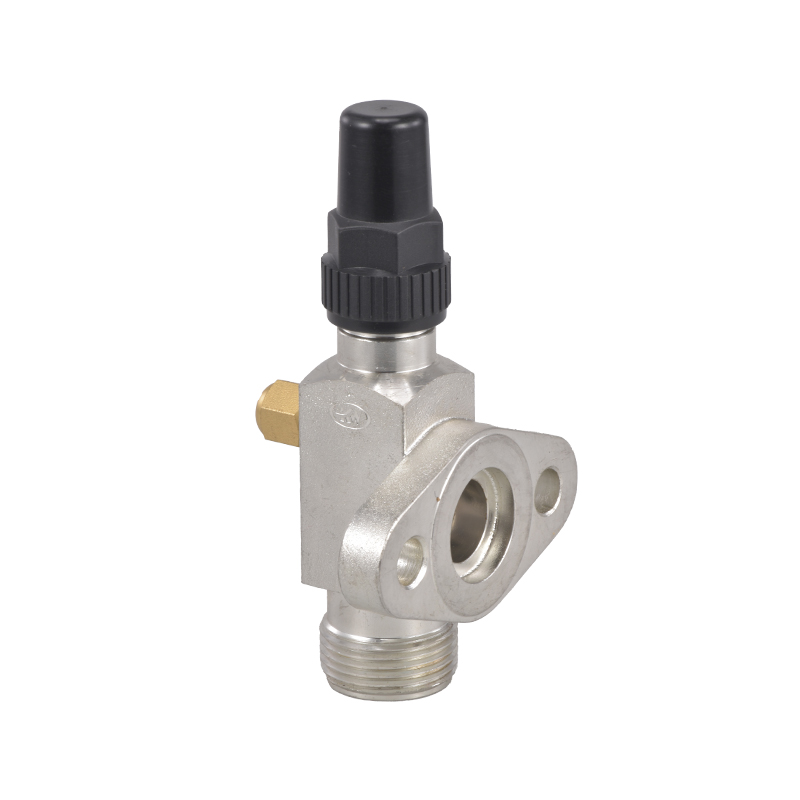How Cast Iron Stop Valves and Welded Ball Valves Are Shaping Industrial Safety Standards
 By Admin
By Admin
Ensuring safety and reliability in industrial systems has never been more critical. Among the essential components contributing to this goal are the Cast Iron Stop Valve and Welded Ball Valve. Both types of valves play a pivotal role in controlling fluid flow, maintaining pressure, and preventing accidents in pipelines. Industries worldwide increasingly rely on these valves to comply with stringent safety standards while optimizing operational efficiency. Their consistent performance and adaptability make them indispensable across diverse industrial sectors, from water treatment facilities to heavy manufacturing plants.
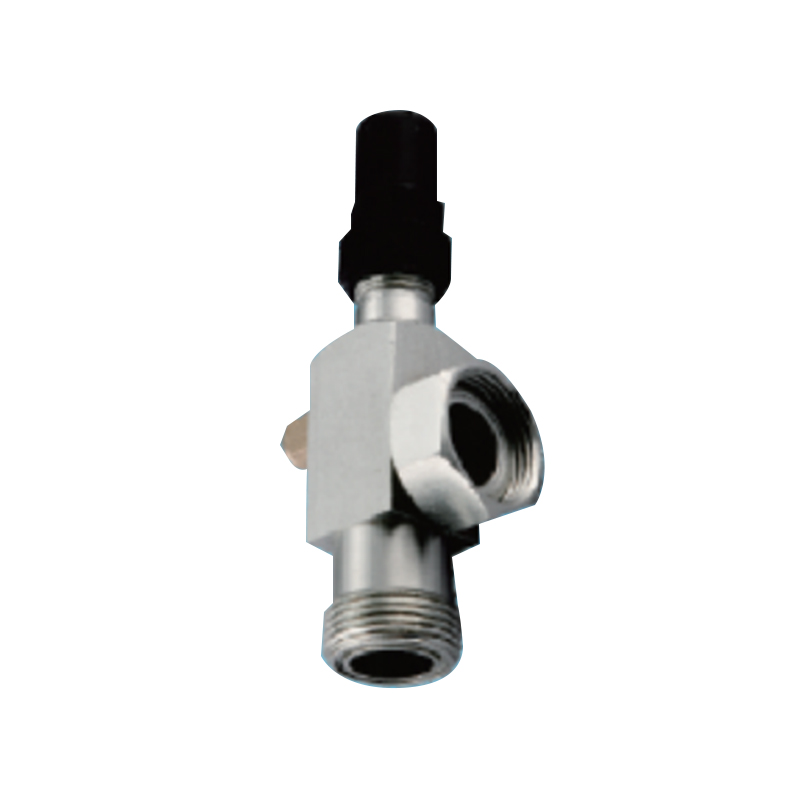
Enhancing Safety Through Robust Design
Safety is a top priority in industrial environments, and the design of Cast Iron Stop Valves is focused on durability and resilience. The robust cast iron construction can withstand high-pressure systems and sudden fluctuations, reducing the risk of leaks or failures. Operators benefit from the valve’s straightforward mechanism, which allows quick shut-off in emergencies. This reliability makes Cast Iron Stop Valves a trusted choice in critical applications such as water distribution, chemical processing, and heating systems. Additionally, their compatibility with various pipeline configurations ensures flexibility in system design.
Welded Ball Valves for Precision Control
Welded Ball Valves offer unparalleled precision in flow regulation and shut-off operations. Their seamless welded construction eliminates potential leakage points, which is especially important in high-temperature and high-pressure industrial pipelines. This precision ensures that operators can control fluid dynamics effectively, preventing accidental overflows or system inefficiencies. The durability of Welded Ball Valves also reduces the frequency of maintenance, helping facilities maintain uninterrupted operations. Their compact design further supports use in complex piping networks where space is limited.
Industry Trends and Technological Integration
Modern industrial operations are increasingly adopting smart monitoring systems. Valves like the Cast Iron Stop Valve and Welded Ball Valve are now integrated with sensors to track performance in real time. Predictive maintenance tools analyze flow rates, pressure variations, and valve status to prevent potential failures before they occur. These technological integrations improve both safety and productivity, reflecting a growing trend toward automation and data-driven operational management. In addition, manufacturers are exploring corrosion-resistant coatings and innovative materials to enhance valve longevity in challenging environments.
Choosing the Right Valve for Every System
Selecting the appropriate valve type depends on specific system requirements. Cast Iron Stop Valves are ideal for general service pipelines due to their cost-effectiveness and reliability. Welded Ball Valves are better suited for demanding applications where leak-proof performance and precise flow control are critical, such as in petrochemical plants or high-pressure steam systems. Understanding the specific needs of a facility ensures that both safety and operational efficiency are maximized. Careful planning also allows seamless integration of multiple valve types for optimal performance.
Maintenance Practices for Longevity
Proper installation and routine maintenance extend the life of both Cast Iron Stop Valves and Welded Ball Valves. Lubrication, pressure checks, and periodic inspections help prevent unexpected failures. The inherent durability of these valves ensures that, with minimal care, they can perform reliably for years, minimizing operational interruptions and costs associated with repairs or replacements. Routine training for operators further enhances safe handling and longevity of the valves.
By combining the reliability of a Cast Iron Stop Valve with the precision of a Welded Ball Valve, industrial operators can achieve safer, more efficient systems. These valves not only meet rigorous safety standards but also contribute to operational longevity and cost-efficiency, making them indispensable components in modern industrial infrastructure.




 English
English русский
русский Deutsch
Deutsch
